Russian prisoners of war in Ukraine: They sent us in like cannon fodder
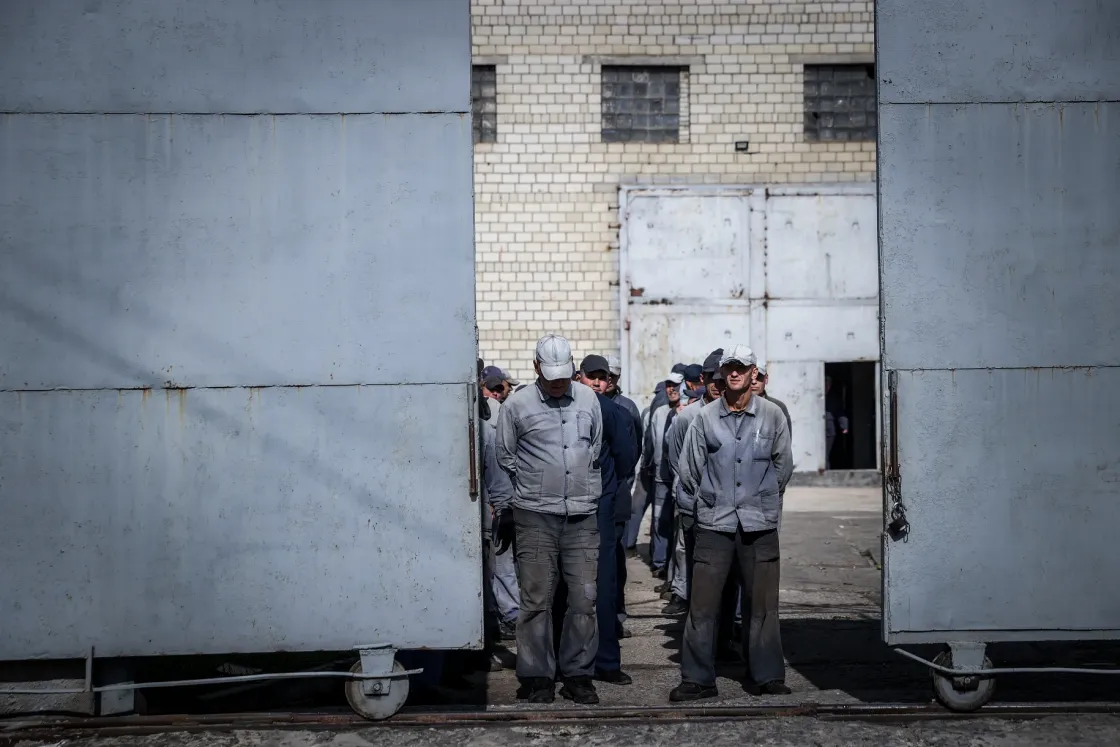
The number of Russian prisoners of war in Ukraine is a military secret, but the Ukrainian side occasionally allows the press to report on what life is like in a POW camp. Publicity can help force Russia to improve conditions for Ukrainian POWs, and might even make Russian soldiers more willing to surrender to the Ukrainian forces. We visited a camp in western Ukraine, where we had the opportunity to talk to prisoners about how and why they joined the army, what they think about the war launched by Vladimir Putin, Ukraine and about Putin's 25 year-long reign. Some agreed to speak with us because they think as highly about Viktor Orbán as they do about the Russian, Belarusian or Turkish president.
'This is the safest place in Ukraine right now' – I never imagined I would hear such a thing while sitting in a basement packed with Russian prisoners, in a prisoner-of-war camp in Ukraine during an air raid, but I had to admit that the observation of the Russian prisoner, followed by a shrug made sense. After all, the sirens are sounding because of Russian missiles, so the Russian detainee has every right to think that they are not the ones the Russian army is going to target.
Admittedly, there was a time when the inhabitants of Ukrainian towns on the front line thought the same thing, reasoning that if Vladimir Putin started the war against the country on the pretext of liberation, they would not be shooting at civilians. But now, in the third year of the war, after Mariupol was practically razed to the ground before being occupied, and after countless rockets, drones and glider bombs have rained down on apartment blocks, schools and hospitals of the country's major cities, no one in Ukraine thinks there is any location that the Russian forces would deliberately avoid on humanitarian grounds.
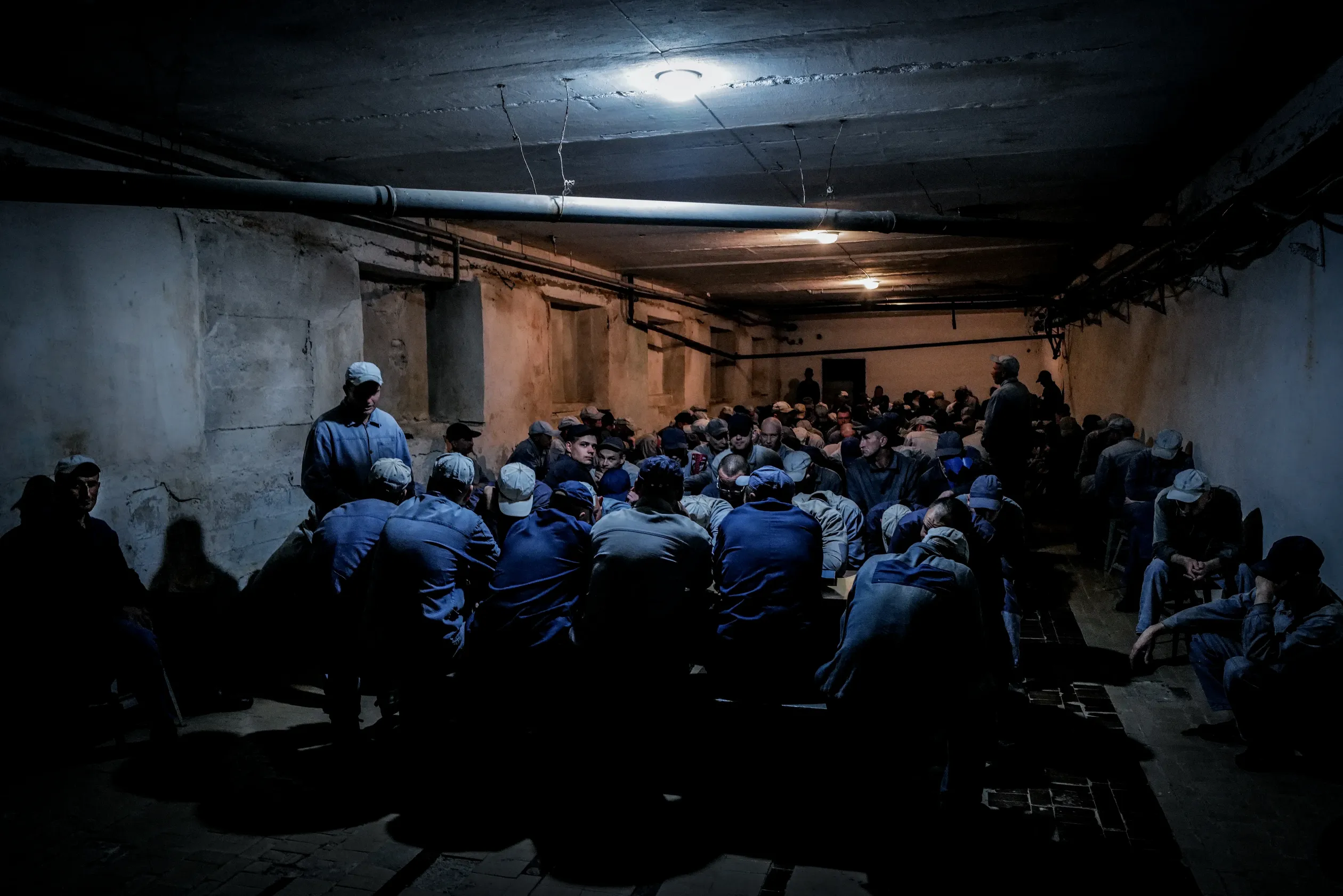
The POW was right though: the air raid was over in a few minutes – the air defences had shot down a Russian missile far from us, some 270 kilometres away – and everyone was allowed to leave the shelter.
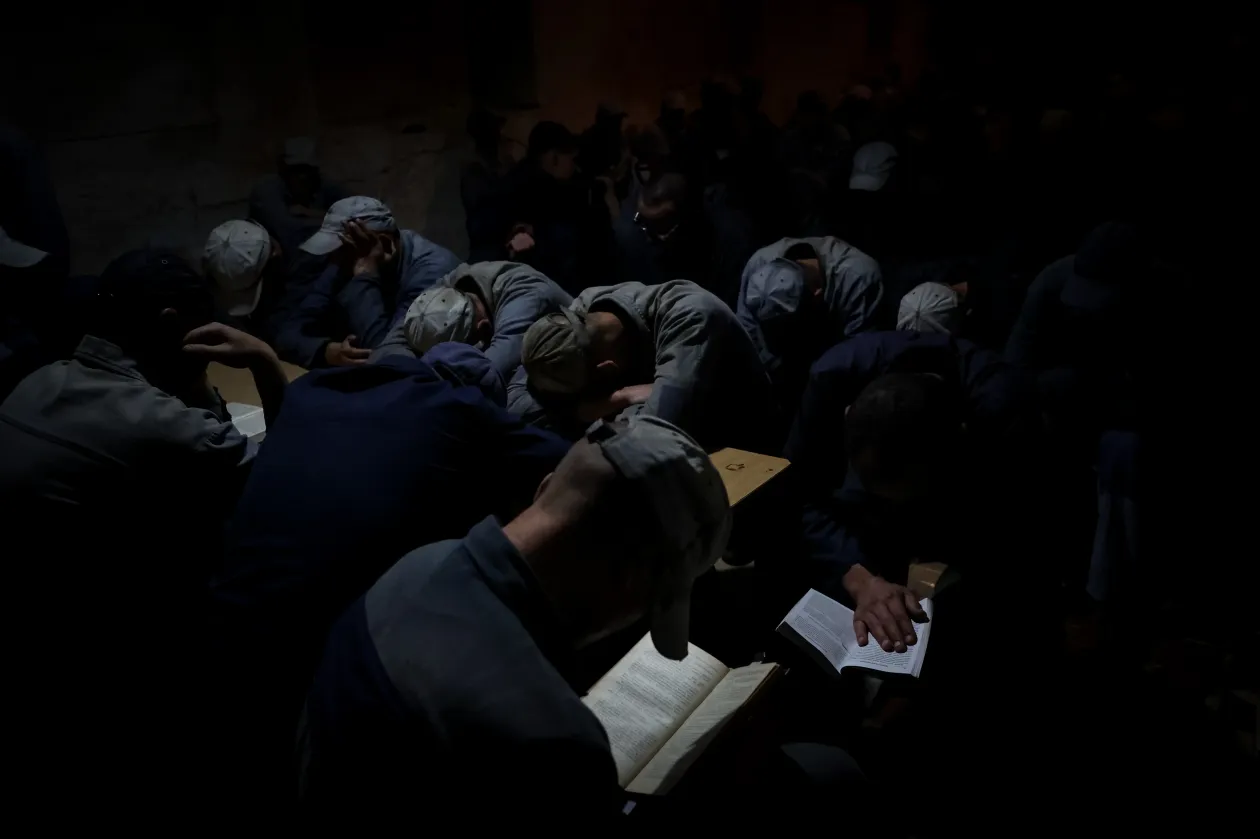
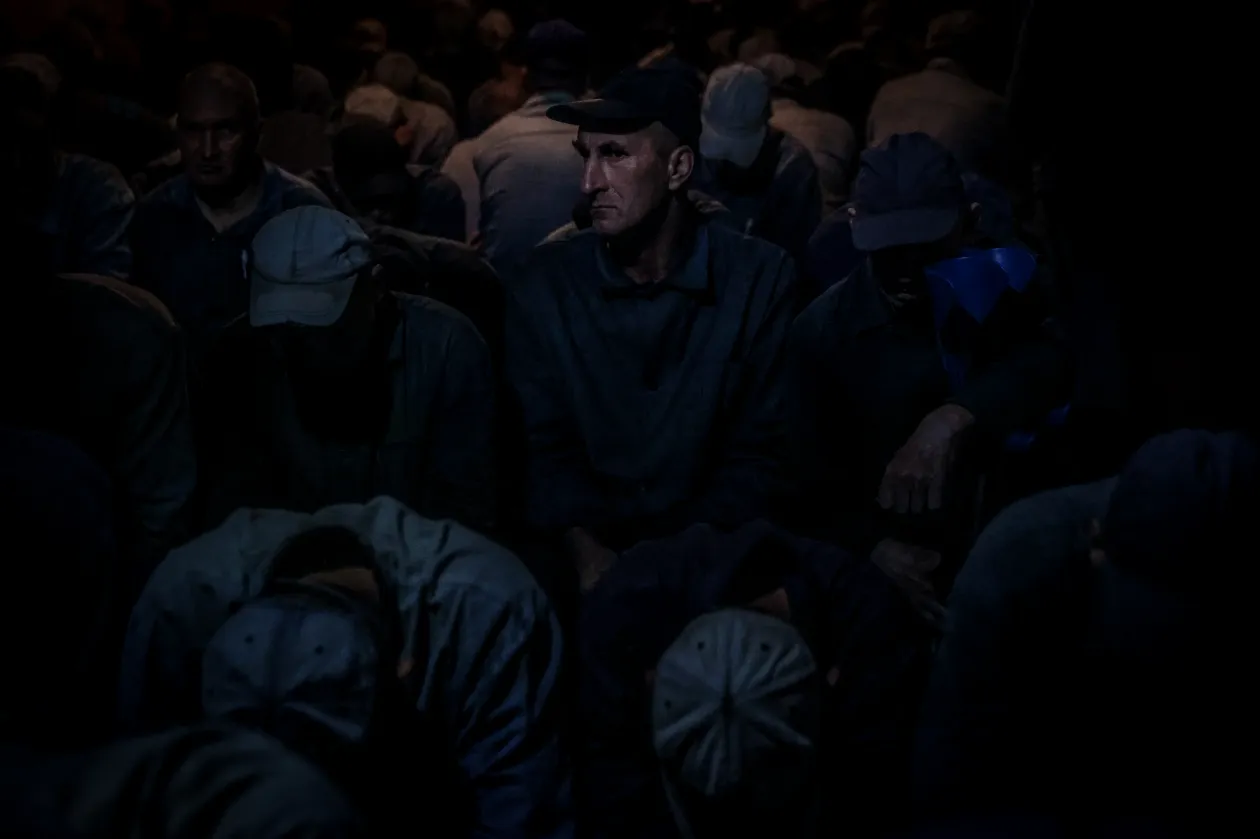
Roll call in the courtyard
We are in western Ukraine, in one of the country's four prisoner-of-war camps. It's an old prison complex which served as a prison even a hundred years ago. It was converted into a prisoner-of-war camp after Russia launched its war against Ukraine. The press is allowed to visit from time to time, and we came with a crew from a Ukrainian TV channel.
Having passed through barred and bolted doors, we first arrive to an empty square. There's a chapel to the right, and we are surrounded by high whitewashed walls topped with barbed wire. One of the walls has the Universal Declaration of Human Rights painted on it.
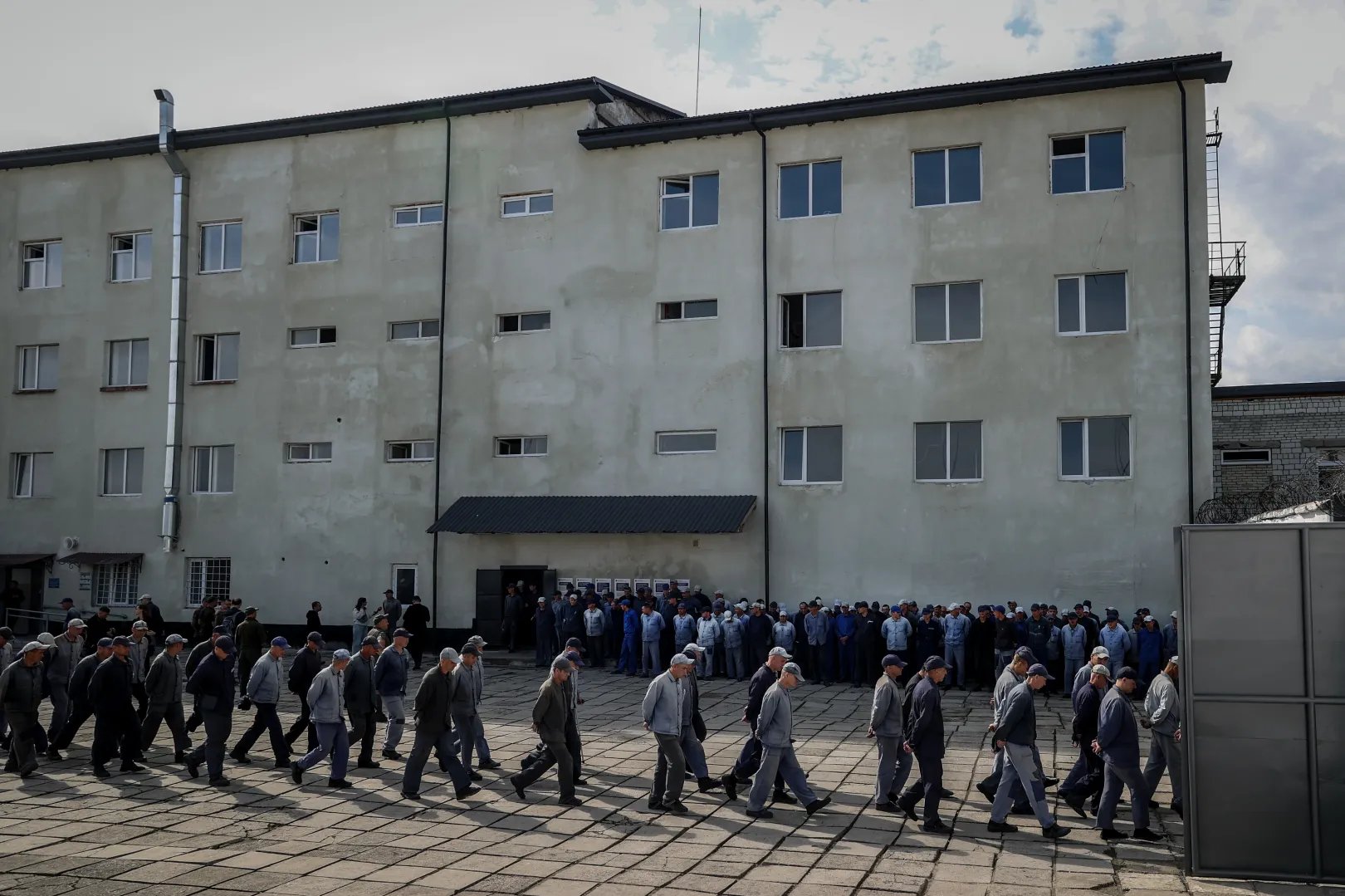
The square is empty, only the twittering of birds can be heard, but after a few minutes, roll call begins. The POWs come out marching and line up in an orderly fashion. The total number of those held here is just as much a secret as the number of Russian prisoners of war held in all of Ukraine. This is because the Russian side is not providing this kind of information either, nor is it willing to disclose how many Ukrainian civilians are being held by them. Many were taken prisoner by Russia in the occupied territories from which the Russian forces have since withdrawn, such as Kherson.
The reporter of the Ukrainian TV channel walks up to the man at the front of the line, and with great impetus demands to know why he attacked their country – the man does not protest against the camera, although he could. Under the 1949 Geneva Convention, prisoners cannot be forced to have such conversations, and photographs can only be taken with their consent. Some do not give their consent, but the man at the front is happy to talk.
While the reporter's question is emotionally justified, it is certain that they won't be able to solve the war and figure out personal motivations here, in the prison courtyard, and it's certainly not where they will come to an agreement about these things. This is also clear from the prisoner's reply that "Russia did not attack Ukraine", but provided assistance, and that he personally was only defending his country, as he is from Donetsk – and therefore originally a Ukrainian citizen. He is one of the prisoners who have been here the longest, having been captured two and a half years ago. "Moscow doesn't really request them for prisoner exchanges," our military escort Vitaly notes. It's a strange situation, given that "saving the population of Donetsk from Nazi Ukraine" is the very thing Russia used as an excuse to attack the country, claiming that native Russian speakers were in mortal danger of genocide there – and yet, it's these exact people who keep being left out of Moscow's prisoner exchange lists.
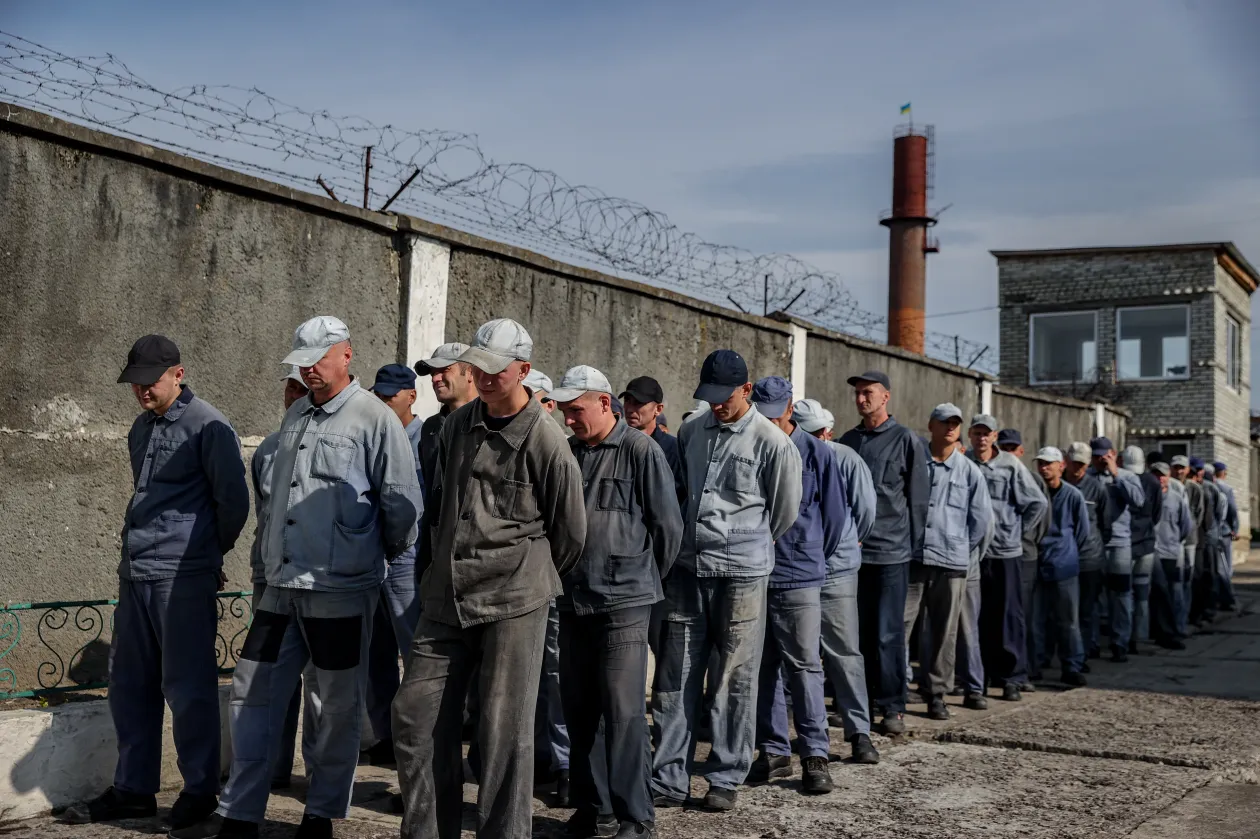
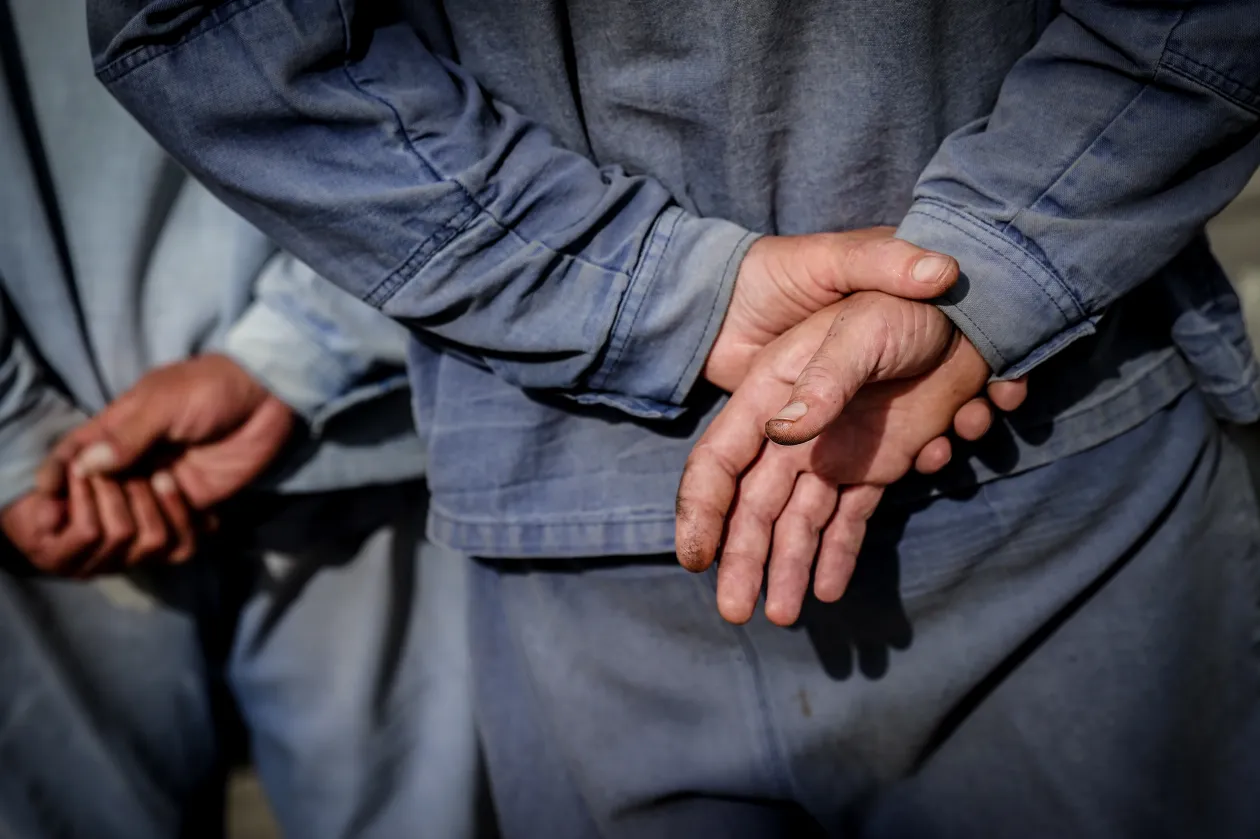
The Kremlin has primarily sought to bail out those who had been captured on Russian territory during Ukraine's surprise invasion into Kursk. This means that they are not mobilised or contracted soldiers sent to the front, and many are only 18-19 years old. Their captivity is a major loss of face for Putin, who has been unable to put an end to the Ukrainian incursion for two and a half months. Ukraine's move has left it in control of thousands of square kilometres of Russian territory – as much as Russia has gained in eastern Ukraine in recent months.
The Ukrainian success in Kursk is an indication that Russia is in fact at the very limit of its military capabilities if it is to avoid mobilisation and moving to a full military administration. Although it is not far from that point, given that 40 percent of next year's state budget – more than the total planned for education, health and social spending together – is going to the military.
The prisoner from Donetsk does not feel slighted for not having been released yet, similarly to many of his eastern-Ukrainian fellow prisoners. "Maybe this is my destiny, I need to be here to talk to the other side," he said as the line started to move. Lunch was about to be served.
A history lesson for Putin's sake
To get to the cafeteria, they walk through the part of the prison known as the Promenade of Ukraine's history. A map of Ukraine hangs on the high walls, along with pictures of the country's historical figures, with short biographies in Ukrainian. This is a rather obvious response to Putin, who – with an attitude more akin to that of the Tsarist empire than the Soviets – denies even the existence of the Ukrainian nation – which the Russian president also explained in his interview with Tucker Carlson. He considers their separation a Bolshevist ploy, and disputes the country's statehood and its own individual historical path – even though historically, Slavic statehood in the East is rooted in Kyiv, not Moscow.
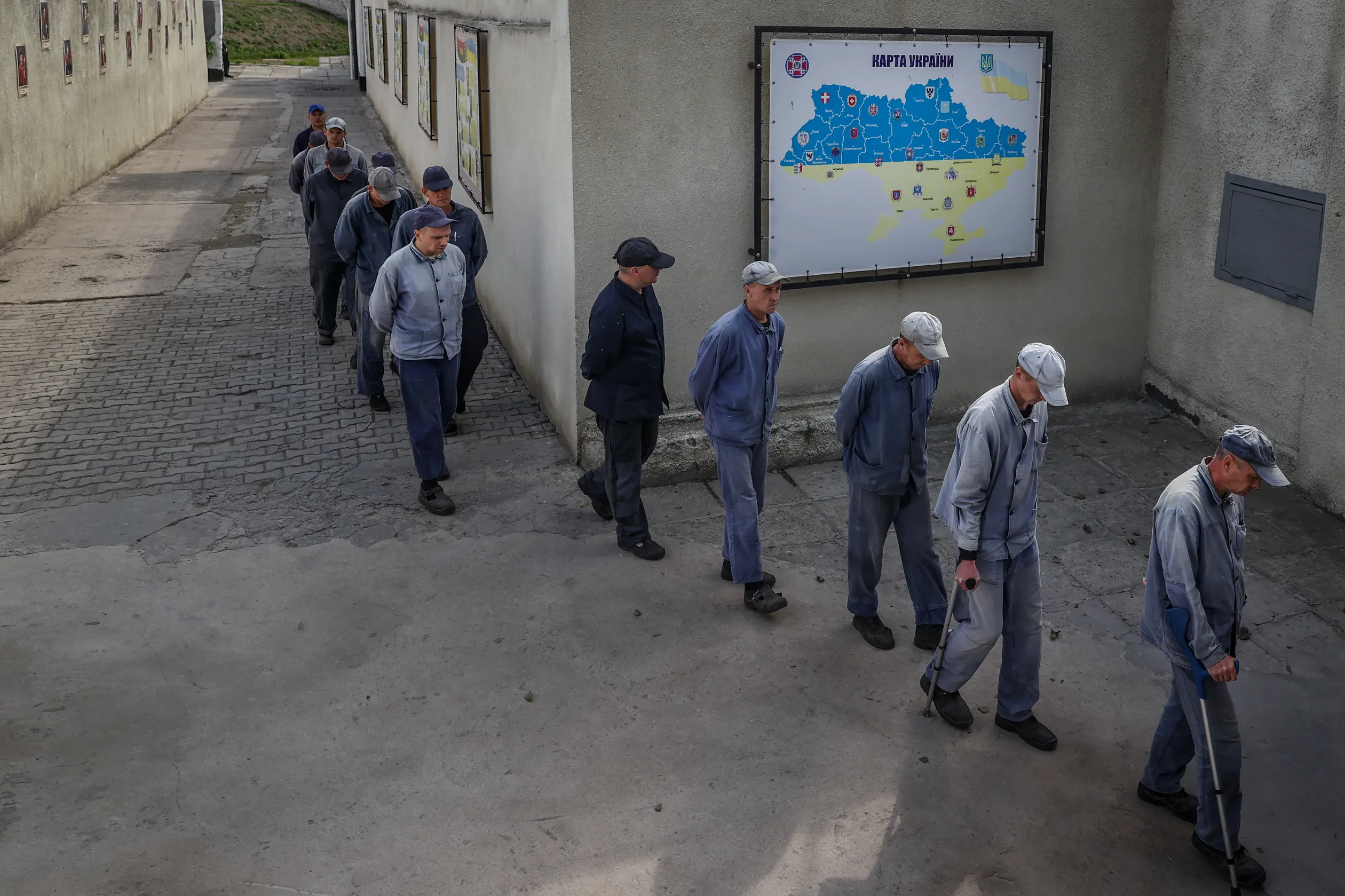
From the courtyard, decorated with the biographies of the hetmans, we take a long staircase to the dining room. The prisoners sit around the tables in orderly groups of four. There is plenty of soup, porridge, meat and bread on their trays. The food is prepared by the prisoners, with the process overseen by a chef. He used to work near Putin's favourite residence, Krasnaya Polyana near Sochi, before he was drafted into the army and then captured in what Russia calls a special military operation, not a war.
Roman had no intention of going into the army, he was called up for a mandatory conscription in the autumn of 2022, the only time Putin risked a partial mobilisation. Some 300,000 people were drafted into the army at that time. "I threw away six draft notices, and then they took me in and said: it's the army or prison," the chef says, explaining his lack of choice at the time. He is 42 and this is his second war. A bit more than 20 years ago he was doing his mandatory military service and ended up in Grozny during the war in Chechnya. But now he only spent a week at the front before being captured. But Roman prefers to talk about his profession: cooking.
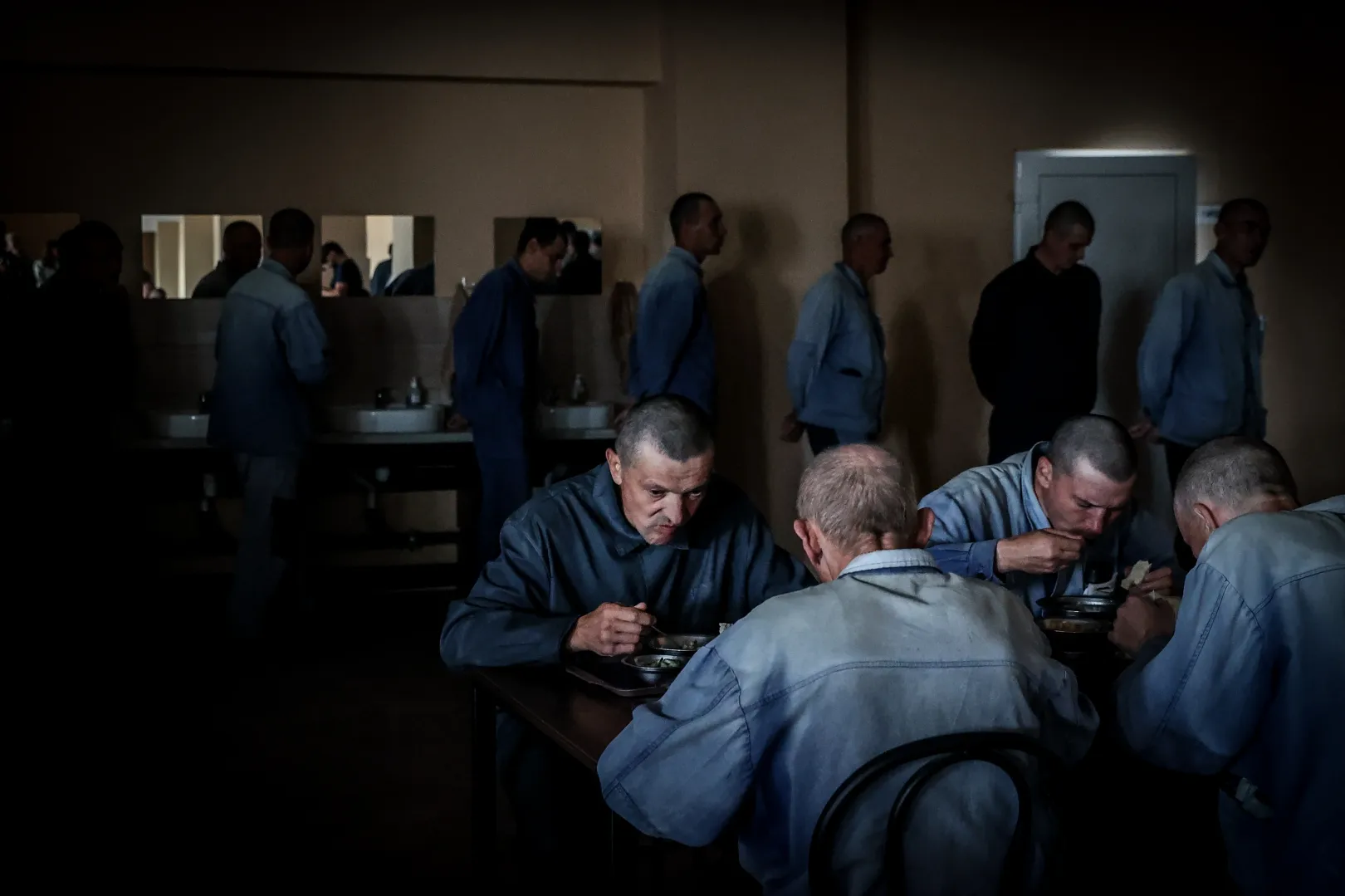
This time the soup is borscht. The beetroot and cabbage soup is perhaps the best-known common culinary element of all Eastern Slavic cuisines, but the Ukrainian reporter still wants to know if it's a Ukrainian recipe. "Whether it's Ukrainian or not, I don't know. Look, there are ten different ways to prepare borscht," the chef says, successfully managing to avoid a politically charged definition of the cuisine. He offers neutral data instead: the dish has 2200 calories, and comes with 300 grams of bread, along with 350 grams of porridge, 40 grams of meat and 600 grams of soup.
Who cares about a Sri Lankan prisoner?
The queue clears quickly, everyone finds their way to a table with their tray. Prisoners are also in charge of distributing the food. Andrey, who's very fast at handing out bread, has been in the camp for three months. He is from near Moscow – a rarity, since most of those here tend to come from farther away, from Siberia or southern Russia.
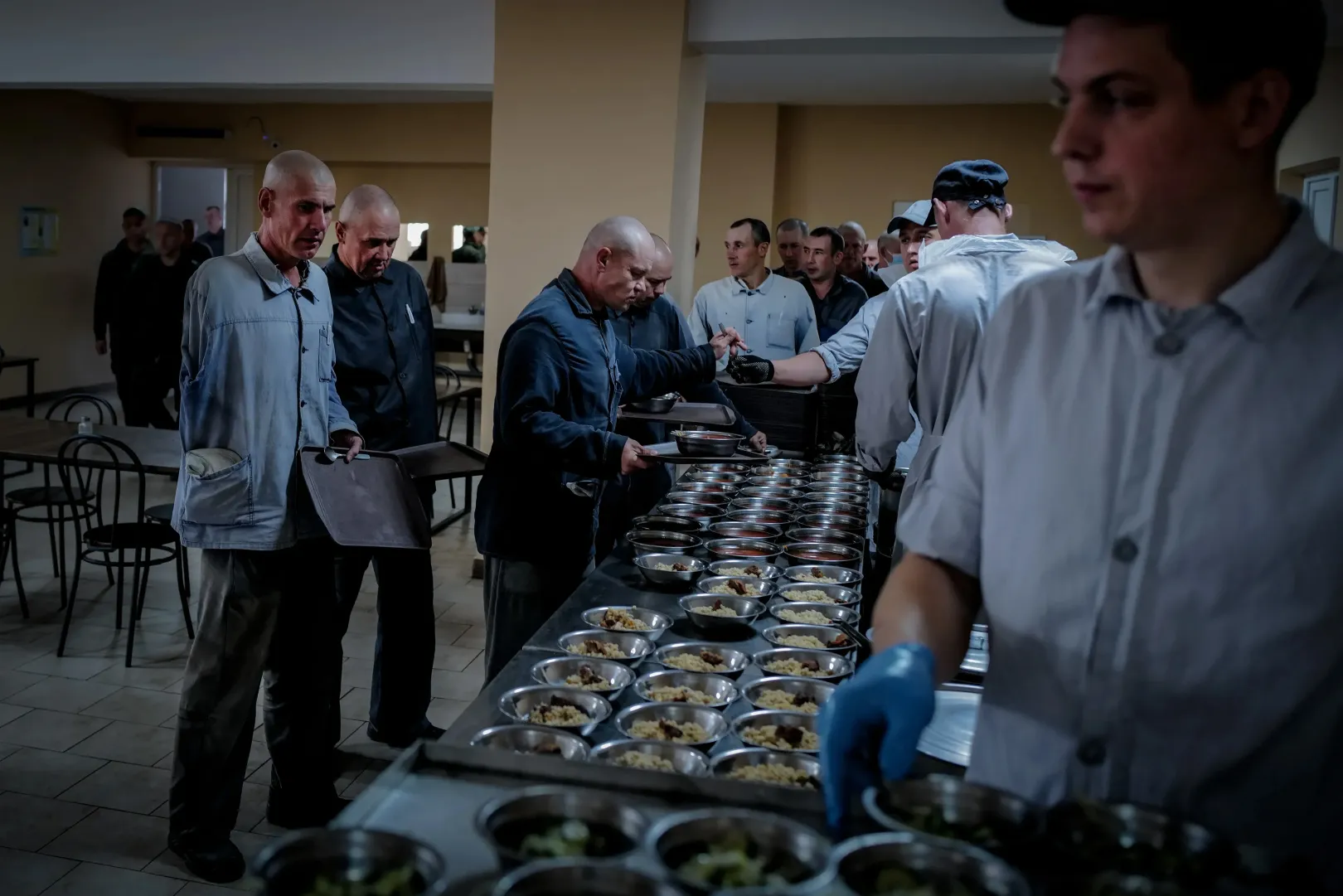
"What can I say about mobilisation? Nothing good. I mean, I'm here, right? – this means that Andrey is not a contracted soldier either who was lured into the army by the pay. – I had everything: a job, a family, a child," he says while distributing food. He did not need this war for his personal ambitions, his financial interests nor because of his world view. He did not want to elaborate further, but even in saying as much as he did, he clearly indicated what he thought of the system that had forced him into the war, and why the Russian leadership is avoiding mobilisation as much as possible, preferring to bring contracted soldiers into the army instead. In the first six months of this year, this meant 190,000 troops, but it seems that they weren't enough to replace Russia’s losses, either in numbers or in the quality of military training.
The exigent circumstances are also apparent from the authorities' attitude towards foreigners, as shown by the October official report of the Investigative Committee of Russia. One does not have to read between the lines to realise that not all of them joined the war effort voluntarily. In October, the St Petersburg branch of the Committee reported that 139 people had been arrested following checks at a market in the city, of whom ''following inspections, at least 100 persons indicated to the military supplementary offices that they wished to join the army as contractors''.
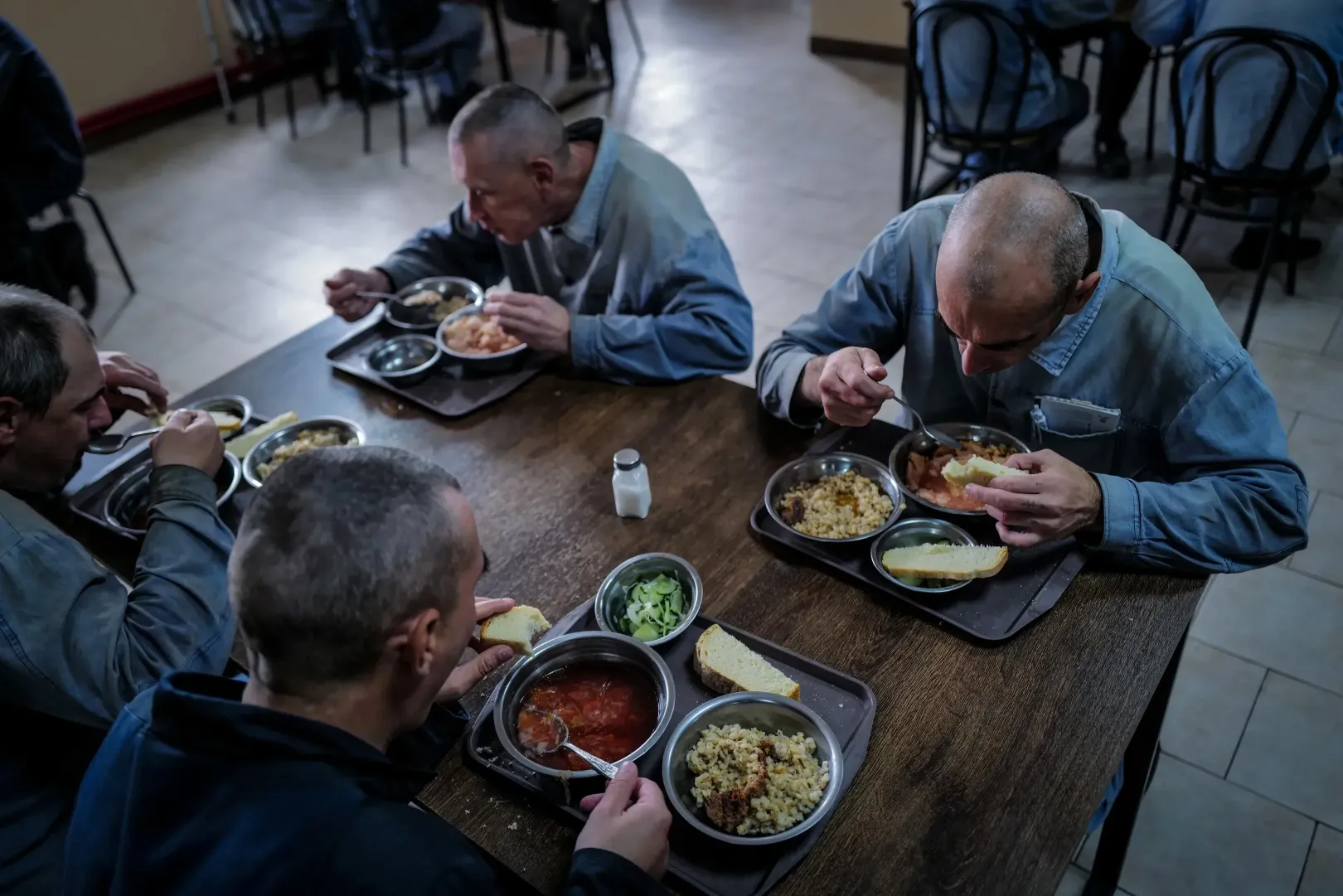
The report notes that, in addition to the foreigners, there was one foreign-born Russian citizen who refused to register with the military at all – and as a result, the procedure to revoke his Russian citizenship was initiated. So there is a lot at stake for anyone who does not comply with the will of the state that started the war.
But the Russian army has also tried to recruit from abroad, following a presidential decree which both allowed foreigners to be contracted and made it easier for them to obtain Russian citizenship. They simply advertised on Facebook, and many found the $2,000 salary attractive. There are foreigners among the prisoners here too: a Cuban, a few Nepalese and Sri Lankans. We spotted them in one of the lines, but after a few short answers to our questions, they declined to talk further.
"Unfortunately, their country hasn't come forward for them," Vitaly notes. The officer explains that foreign recruitment was really only effective in the first wave. When word got out that instead of doing logistical tasks in the hinterland (as advertised), they were actually being sent to the front, interest waned. "We know of Nepalis who managed to escape from the army and then somehow made their way home."
As they slowly finish their meal, those who are done leave one table at a time, after loudly giving thanks for their lunch in Ukrainian: "Dyakuyu za objid."
It makes more sense to make furniture than to try to escape
Next, we go to the camp workshop. They are making rattan furniture in one of the rooms, while in the other they are manufacturing artificial Christmas trees. Arkady, 22, is busy making a chair, and is making quick progress with the weaving. He also joined the army during the mobilization, but he's not complaining. He believes there must be a reason why he had to enlist: "Life became safer under Putin, that's what my mother told me, and I believe her" – there's little else he could do, given that the Russian president came to power before Arkady was born.
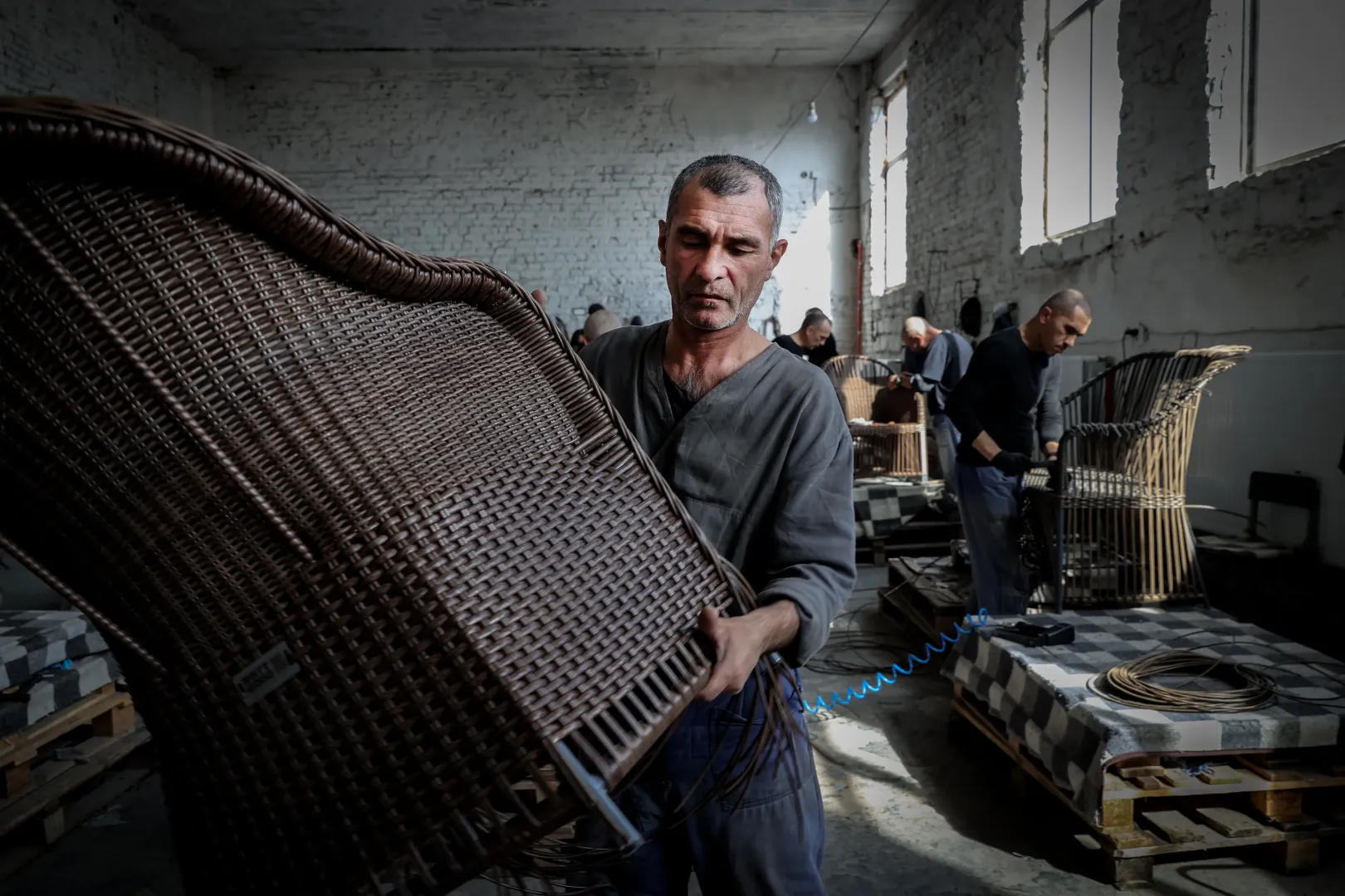
In the room where the artificial Christmas trees are being put together, branches are cut to create artificial wreaths, while others are assembled into trees. This is where Andrey, the contracted soldier works too. He was sentenced to several years in prison for drug trafficking in Russia, and agreed to a contract in the army in exchange for his freedom. He had no military experience. He says he is relieved to be here, to be alive, but he doesn't know when he will be able to return home. He can only hope that when it happens, his amnesty will indeed be valid. He hopes that a prisoner exchange will soon put an end to his wartime adventure.
"Why would anyone try to escape from here?" – the officer accompanying us replies when I ask about security. Vitaly explains that the escapee would obviously be immediately captured, and besides, everyone here is waiting for a prisoner exchange, so escaping would only delay their chances of getting home.
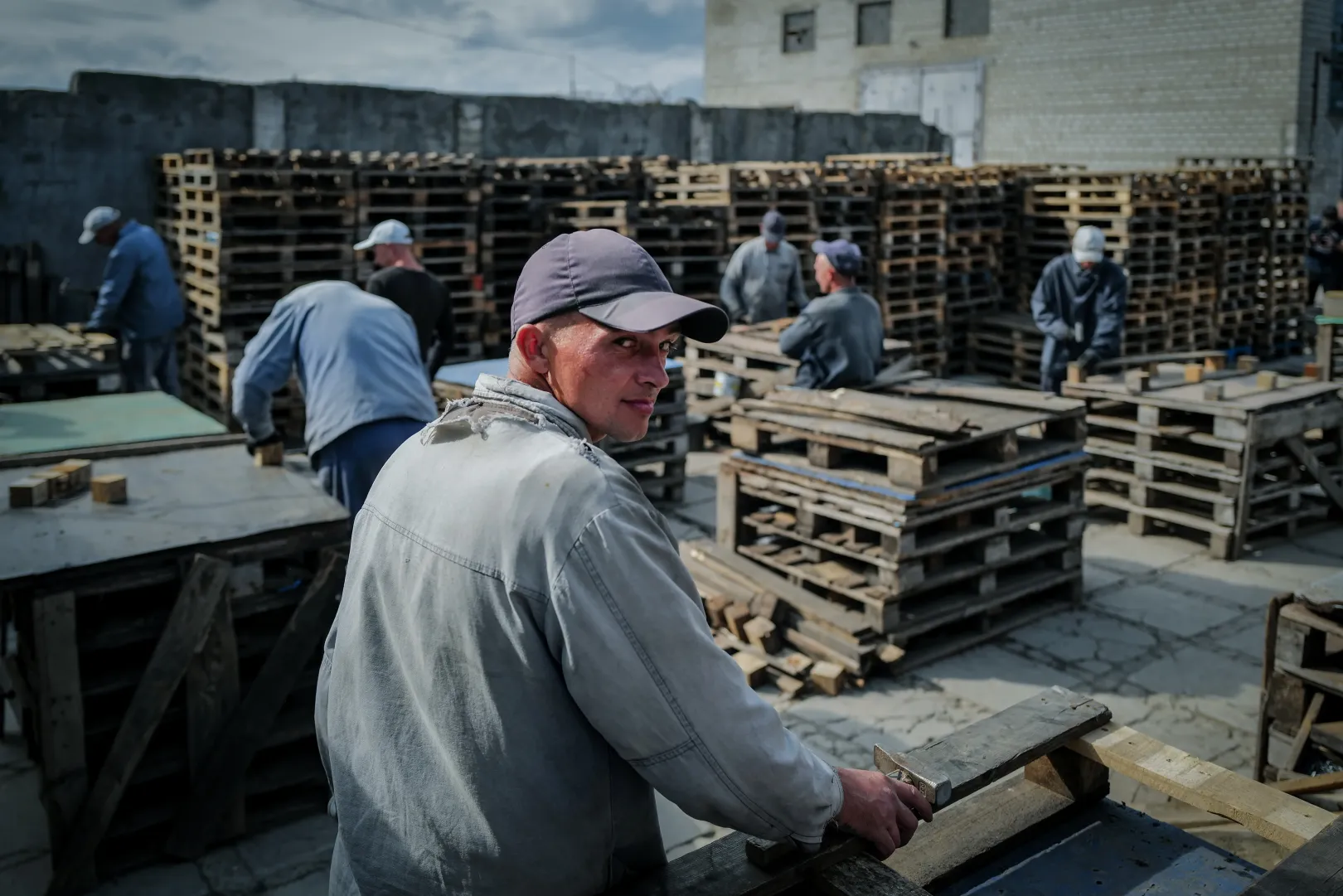
From here we move on to the medical wing. The journalist who previously demanded an explanation for the attack from one of the POWs is already criticising the level of comfort here, but when we arrive at the dental office of the medical ward, she gets really upset about the overly good care – after all, the detainees are part of the invading army that has killed hundreds of thousands of people.
Publicity could also contribute to disarmament
"We want to show that we are not like them," the officer explains the circumstances. But beyond the moral high ground and the international obligation under the 1949 Geneva Convention, there are three important reasons why Ukraine is committed to maintaining an adequate level of care in these camps, which costs 10,000 hryvnias (224 euros) per prisoner each month.
Quite simply, it is easier to maintain order when prisoners are in normal condition, illness only makes the situation more difficult. For example, a bad tooth will not get better on its own, and will only add to the problem, so it is better to treat it. Demonstrating the conditions in the POW camps may also increase the chances that Russia will improve the conditions for Ukrainian prisoners. The reports from those who have returned from there paint a troubling picture of detention there.
And finally, showing the conditions in detention also functions as a war tactic: if the soldiers on the other side find out that the prisoners are being held in humane conditions – in contrast to Russian propaganda, which practically portrays Ukrainians as cannibals – then the soldiers might be more willing to surrender to the Ukrainians in a sticky situation. The Ukrainians have also linked an elaborate programme to this, called "I want to live". It is for those who are open to defecting and surrendering without a fight.
However, if the Russian authorities were to later find out that a prisoner surrendered without a fight, he could be penalized when exchanged back to Russia. This is why the Ukrainian state makes sure that this is not discovered, by registering them as if they had been captured in combat. Several hundred have reportedly given up fighting in this way, only to be exchanged and returned home safely.
I'm on crutches, which is a good sign
The medical wing is the most depressing part of the detention centre. This is where they keep those who need continued nursing care because their limbs were either severely damaged or had to be amputated.
There's a man in his sixties lying on his bed. There are many others of a similar age here, which makes one wonder how useful this generation can be on the front line. He was injured by an exploding mine: both his feet are half gone, and both his arms now end in two mangled, fingerless hands. We don't pressure him into conversation. He tells us that he joined the army voluntarily as a contractor. He used to work as a guard and lived in Siberia. He agrees to show the world his injuries, but not his face.
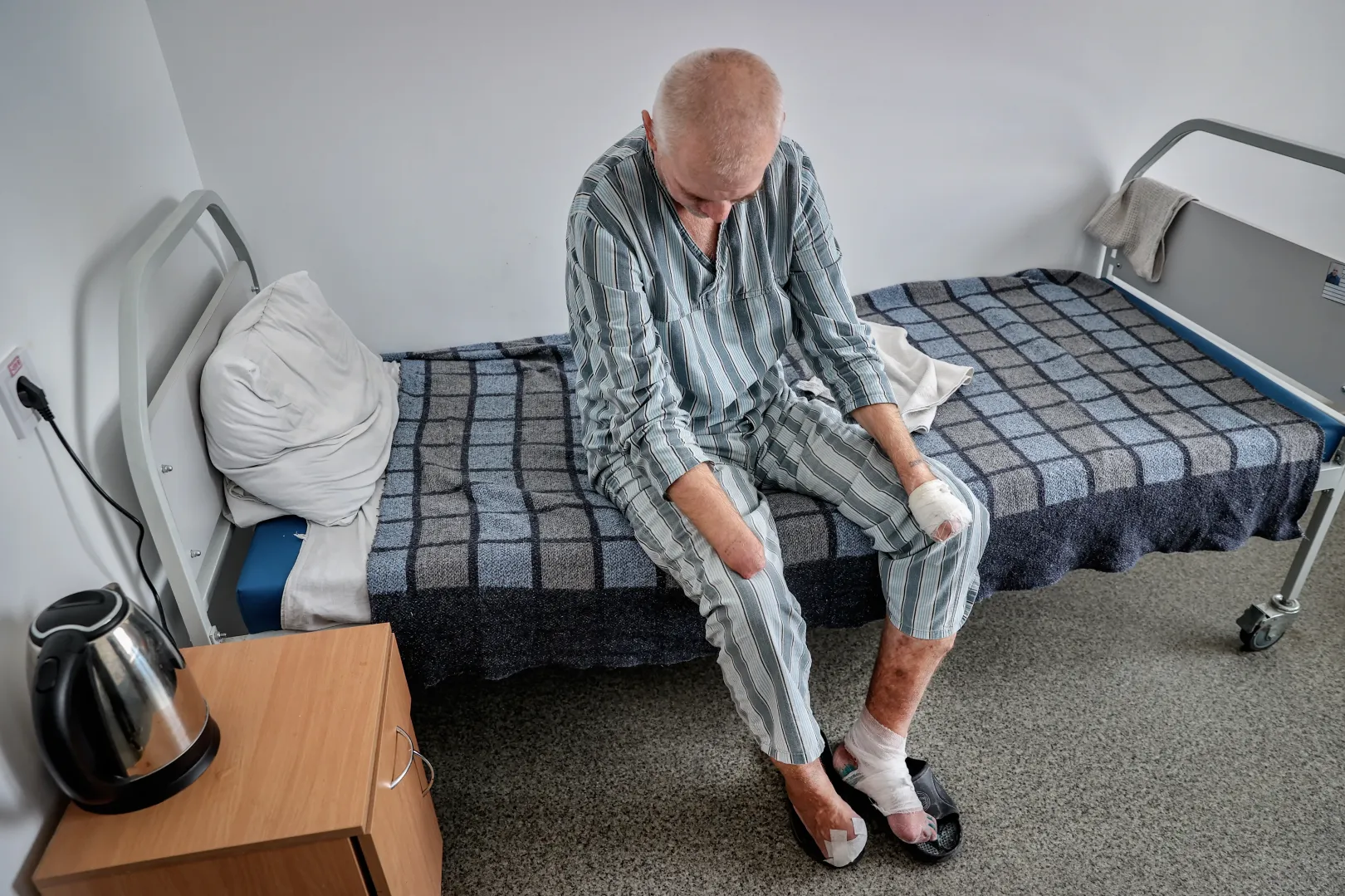
Others are more fortunate and will walk again, like Vladislav. The 26-year-old comes from a town in southern Siberia, like so many others. The population of the region beyond the Ural Mountains is barely more than a quarter of Russia's 143 million, yet it seems that the proportion of prisoners from there is much higher than that of those from other areas of the country.
"I had my own goals, irrespective of what the state's goals were," Vladislav, who has no qualms about Putin's lack of clear military objectives when launching what was intended to be a blitzkrieg, tells us. His view of the Russian establishment is also peculiar.
In his view, the country has had no chance of electing a leader other than Putin for the past 25 years (not counting Dmitry Medvedev's sham presidency between 2008 and 2012, when Putin led the country as prime minister and then returned for six-year terms instead of four-year ones, thanks to a constitution amended in his favour.)
"There is absolutely no other choice," he says of Putin. – But I am satisfied with that. This political system suits me. I am not restricted in any way. Anyone who wants to live normally can do so. Everything was up to me, if I had wanted to, I could have continued my studies. If I wanted to, I was able to work, no one was restricting me," says Vladislav, who worked as a business manager before the war.
No one pressured him into joining the army either, and he doesn't regret his decision. He still needs crutches to walk, his leg was seriously injured, but it looks like he might recover. “The fact that I can walk with crutches is a good sign. For six months I was like a vegetable, just lying in bed. My recovery is slow, there are still remnants of my injury, some badly fused bones and some muscles that need rehabilitation, but I'll be able to walk.”
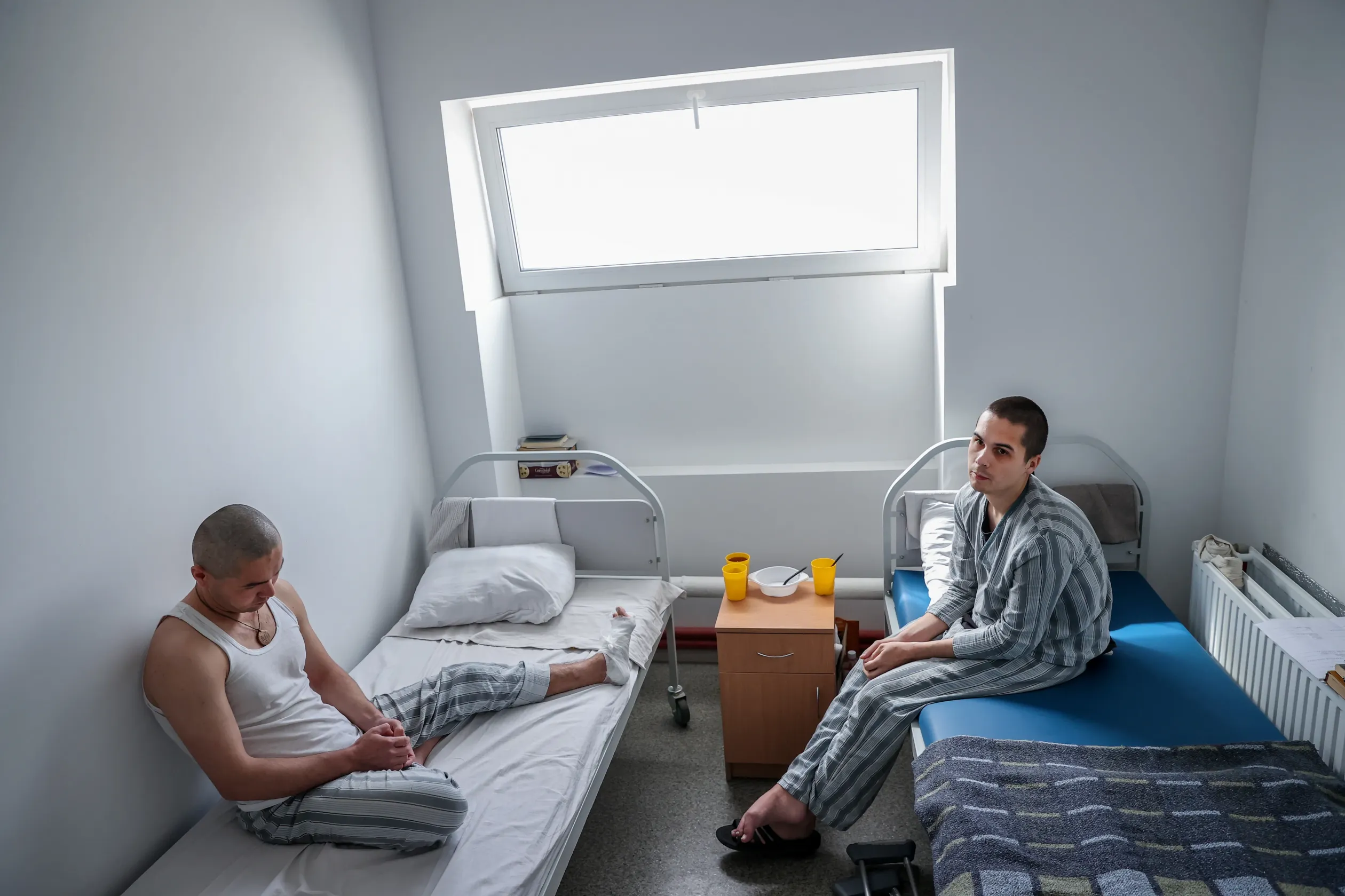
Nevertheless, he would like the war to end, but he does not see its end in sight, nor does he see Russia winning, although he doesn't believe Ukraine can take back everything it has lost since 2014. "But we can't solve it on our own anymore. We need a third party to move us towards a compromise," he says, which is close to what Viktor Orbán has been saying, namely that the US, China and the EU should create a situation in which the parties are forced to negotiate. Granted, this in itself does not indicate how this can be achieved without it resulting in a Russian victory over Ukraine.
We aren't able to figure this out before Vladislav cuts our conversation short.
Three of the prisoners agreed to be interviewed in more detail: two of them were convicts before they joined the army. We talk one by one in a separate room. They approached us themselves, separately, away from the others. I had previously asked those queuing to tell me about themselves, but nobody came forward at the time, perhaps they didn't want to talk in front of the others.
But these three agreed to give their names and faces in an interview.
Alexey, who is actually Ablemid
"You're from Hungary. I don't know what you think about us, but I know that Hungary sees us as friends, that's why I'm talking to you," Alexey opens unexpectedly. He tells me that Alexey is just his Russian name, his real name is Ablemid, and he is a Crimean Tatar by origin, but he was born in Donetsk in 1992, in an independent Ukraine, shortly after the break-up of the Soviet Union. Before we get to why he spent most of his life in prison so far, why he joined the Russian-backed Donetsk insurgents, he places Hungarian Prime Minister Viktor Orbán in illustrious company.
“I like the way Vladimir Vladimirovich is running the country. He and Lukashenka, Erdoğan and Viktor Orbán are all politicians working for their own country, for their own people. Just look at how they are trying to oppress your country too! Orbán is the only leader in the EU who says: “Damn it, we should do it this way or that way!” That is my opinion.”
Alexey says that his fate is a perfect representation of the 1990s, the period of misery that Russia overcame under Putin, or at least that is what the Russian president has built his legitimacy on. Although the country’s real, measurable wealth accumulation and GDP growth dates back to 2014, and was largely based on the rising prices of oil and gas in the global market, which were exported at very low prices in the 1990s, this had little to do with the Russian leadership at the time. In fact, they only maintained the previous model of raw material exports as a key component of the Russian economy, but under more favourable conditions.
It is no coincidence that Russia reached its highest GDP in 2014 and has never exceeded it since then. But we don’t get into that with Ablemid, nor do we bring up the fact that when Putin went to war in 2014, it was at a time when his popularity took a nosedive following unpopular pension reforms he had to embark on for demographic reasons and an economic slowdown was beginning to be noticeable. The all-out war launched in February 2022 was also preceded by an economic downturn – although Covid did play a big part in that.
"I was raised on the streets. I was involved in theft from the age of eight, stealing metal to buy gum. You know what the 90s were like. Ukraine was formed and it never became a stable state, and the lower classes of society were simply abandoned." According to Alexey, his father, a university graduate, used to work for the state, but at the time this wasn’t enough to provide a living.
Alexey was regularly in-and-out of prison for petty theft and major burglaries and spent most of his life in institutions. He was also in prison in 2014 when a rocket struck the prison building. "It hit the TV room, that’s where we would watch what was happening on Majdan, everyone was interested in that. But there was no electricity that evening, so luckily there were only two people in the room at the time, otherwise it would have been full." The rocket didn't do much damage, but it was enough for an escape, after which Ablemid joined the rebels.
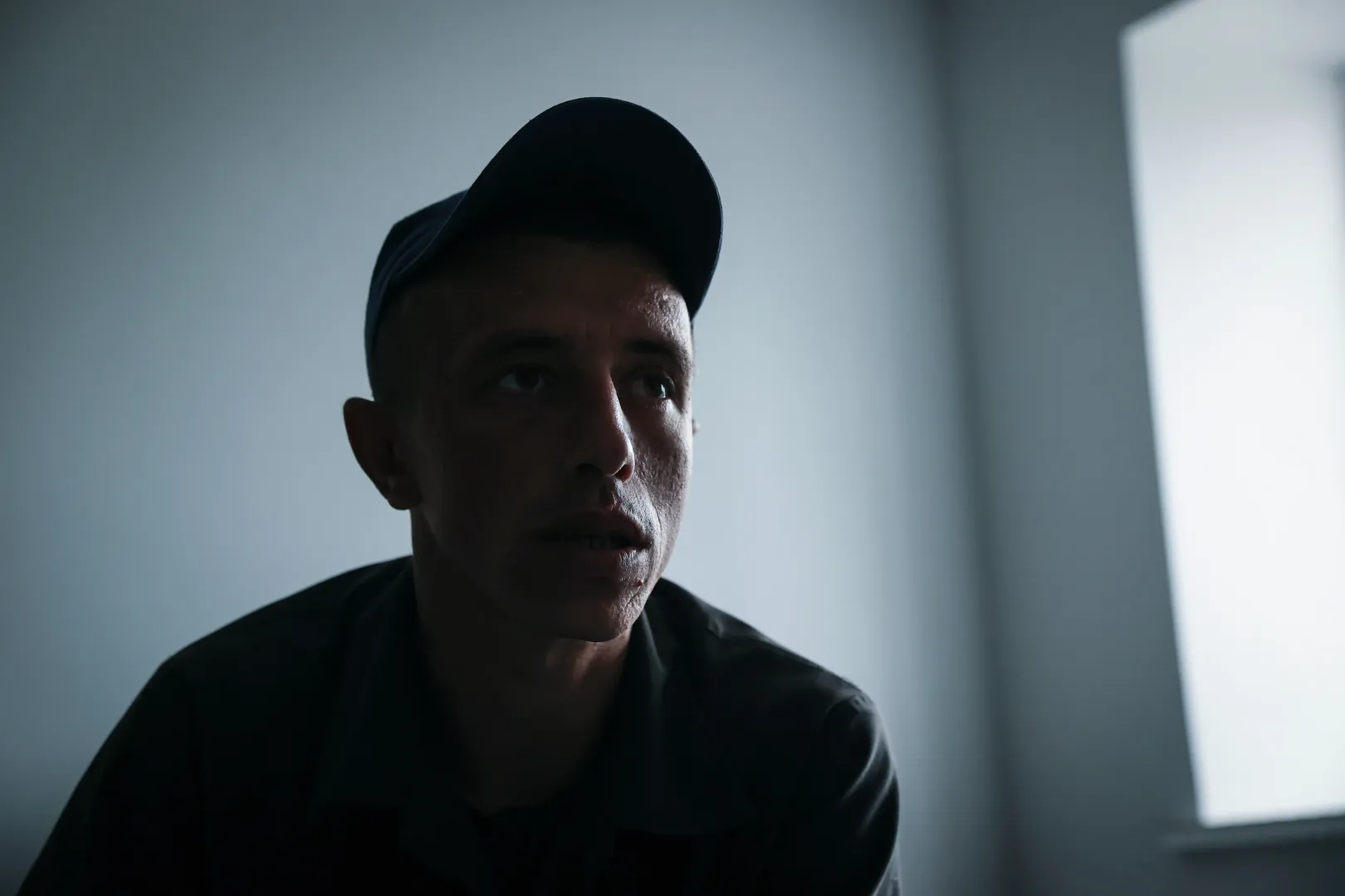
"Ukraine was my country until 2014, I used to cheer for the national team, that kind of thing. But then the armoured tanks and tracked vehicles came into Slovyansk," he explained. Although this only happened after the separatist rebels in Donetsk had taken the city. At the time, nearby Kramatorsk could easily have remained under their control as well, but this was ultimately prevented, as was the case with Kharkiv. There was also an attempt to create a separatist 'people's republic' similar to Donetsk and Lugansk there in 2014, with the involvement of groups from Donetsk and Russia.
However, Ablemid's fate did not change much, and in 2017 he was in prison again, this time convicted of theft by the separatist DNR authorities.
His next opportunity for a clean slate came on 24 February 2022, when Russia launched its all-out war against Ukraine. Ablemid was allowed to join the army soon after. He was captured in 2023 and has been in the POW camp for a year and a half. According to him, it was not the lack of interest on Moscow's part, but rather Kyiv's scheming that have kept him out of the prisoner exchanges, as is the case with several other prisoners from Donetsk.
"We used to be able to talk to relatives regularly, the Russian Defence Ministry kept them informed, and there was talk of us being bailed out several times. Then Kyiv crossed us off the list." According to Ablemid, the Ukrainian security service (SZBU) also obstructed his release. "They kept coming here, showing me pictures of all sorts of alleged insurgents they thought I should know, even though I said I didn't." Since he didn't help, he stayed," Ablemid claims.
He iscomposed while speaking, and sounds like someone who could have accomplished more than where his fate brought him.
He has ample experience for contrasting prisons with the prison camp. He has no complaints about the conditions, but he doesn't care much either. "I eat every two or three days, no matter what the food, I simply don't crave it." He says that being here is psychologically more difficult: "When you're in prison, you're there because you're serving your sentence. I recognize that if you are guilty, you should be punished. This is why prison is easier psychologically. But I'm here without having committed a crime. I'm in a foreign place, as a prisoner, and that is a heavy burden morally," he says.
He wishes to see the whole of the Donbas under Russian rule by the end of the war. For this to happen, Pokrovsk, Slovyansk and Kramatorsk would have to be captured, but that seems unlikely at this stage. Russian pressure in eastern Ukraine has indeed increased recently, although this has been somewhat alleviated by the Ukrainian incursion into Kursk, which Moscow has been unable to quell for almost three months now.
"We originally did not want to secede, we only wanted autonomy. We wanted the money that we made in that region, which is full of factories and industry, to remain there," he says, making a classic eastern Ukrainian argument. Donetsk was a wealthy city in Ukraine, it was the centre of the empire of oligarch Rinat Akhmetov. It is therefore no coincidence that Shakhtar Donetsk, one of the strongest football clubs in Eastern Europe was based there, and that the city was one of the hosts of the 2012 European Football Championship. But Ablemid says much of the wealth was spent on other areas of Ukraine, while Donetsk was just being milked for its resources. He now envisages his life as a Russian citizen – although he has not yet been granted citizenship – and sees his homeland as part of Russia.
"Donetsk is richer now than it used to be. One out of every three families is a millionaire because someone has served in the army," he says, perhaps trying to persuade himself. He says he will for sure get nine million roubles (about 35 million forints) when he gets out, and an amnesty also awaits him. "I won't have to prove anything, I'll have that for sure." He would like this war to be over, but if called upon after his release, he would go back to fight again.
Andrey and the three missing push-ups
Andrey was born in the most rugged part of Russia, in Yakutsk. Summer lasts six weeks there, the rest is mostly winter, with temperatures as low as minus sixty degrees. He is 36 years old, and has spent his whole life in eastern Siberia. The only time he left was after he was convicted of assault resulting in death and was taken to prison in Khabarovsk. He had fought with his bare hands, and he didn’t know his victim. He got eight years and had been in prison for a year when Yevgeny Prigozhin showed up. Putin's former chef was a warlord by then, in charge of Wagner's private army. His mercenaries had fought first in Africa and then in Syria before being sent to the Ukrainian front, where their losses hardly showed up in official statistics.
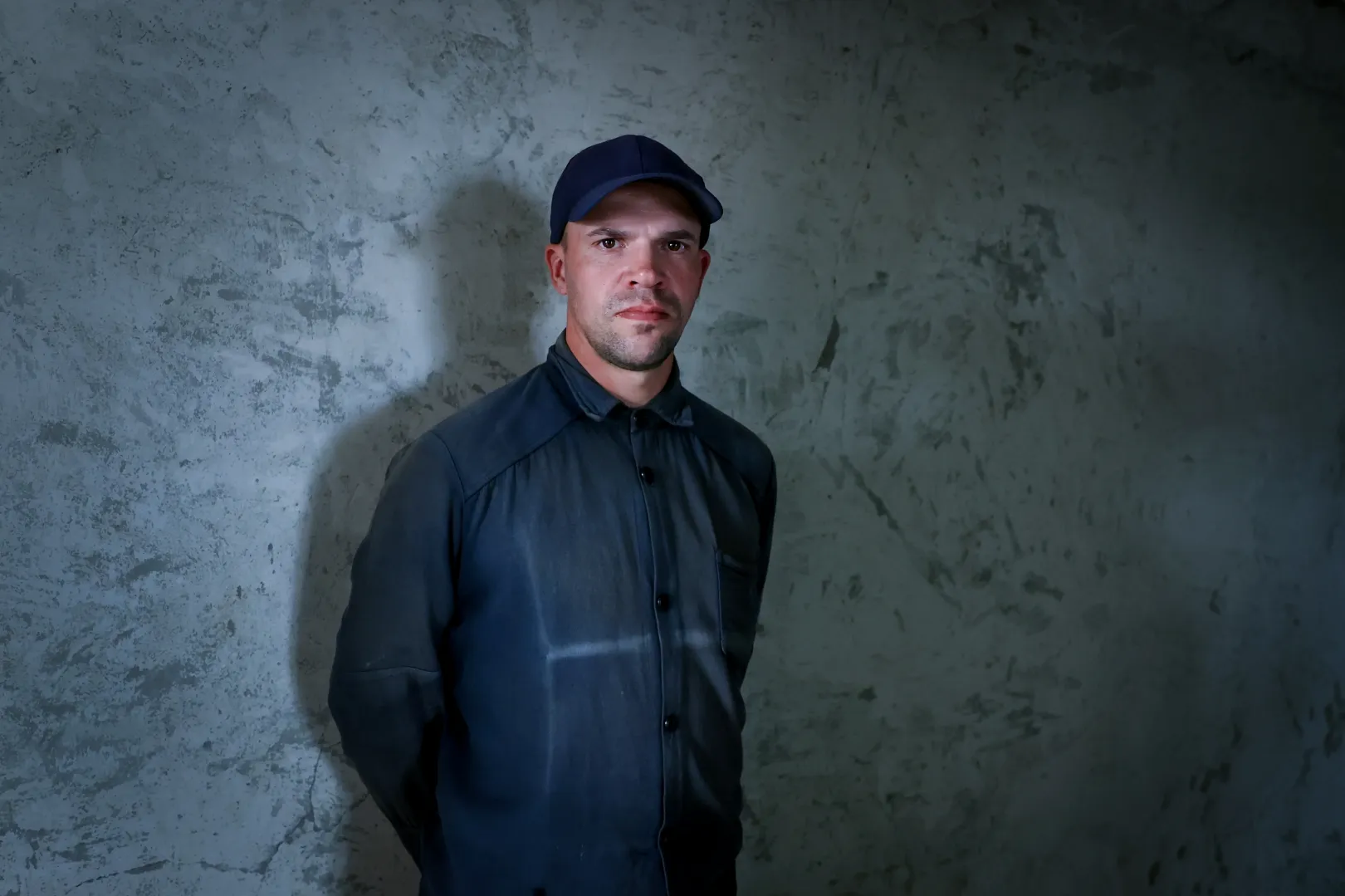
Andrey was interested in going. He was offered a six-month contract with pay and amnesty, but he dropped out by three push-ups. He was supposed to do forty, he got as far as thirty-seven. Then Prigozhin overstepped the Kremlin's boundaries, revolted with his unit, and although he made a deal with Putin, his plane ended up crashing. Recruitment was taken over by the Ministry of Defence, and this time Andrey passed the screening – although he was no longer required to do the push-ups and was offered a one-year contract instead.
Andrey didn't mind. In fact, he was well aware that his contract was probably going to be extended until the end of the war, and he signed up in November 2023. He had no previous military experience – killing someone in a brawl did not count. "I could have said no, they weren't forcing me. It was my choice to join the army."
They took him to a training facility for three weeks of training. "Of course, you can't train anyone in that much time. But that was it, and then we were sent out into the field. We completed the mission, the injured were hospitalised and the rest of us received additional training," Andrey said, describing the war schedule. He received his pay regularly and was also provided with equipment for his service.
Then came 12 March 2024. "We were attacking a fortification. There was an explosion next to me, and the blast pinned me down, but the others were all killed. I was the only survivor and was taken prisoner."
Andrey had also been to Mariupol. The city, once home to 450,000 people, suffered the worst destruction of the war. He says that those who are there are glad that the city is now under Russian control. When I mention the hundreds of thousands who fled the Russian forces, he shrugs.
He has no complaints about the conditions of detention, although he does add that the system is stricter than it was in the Khabarovsk prison. Andrey has lived his whole conscious life under Putin. The first time he was allowed to vote was in the 2008 presidential elections, but he can no longer remember whether he voted. "But there was an election in which I did." We switch to an interview format Q&A at this point:
And as a voter, did you feel that your voice counted, that the elections were fair?
Yes. And I still feel that way.
If the majority of society didn't want Putin, could they choose someone else?
Yes.
So the reason Putin is in power is not because that's the way the system is set up, that there could be no other alternative?
No. Society supports Putin.
So the majority supports his war effort too?
Yes.
And what are the objectives of this war?
Well, I have not really researched that.
But you support Putin.
Yes. I remember what it was like before, when Yeltsin was in charge, I remember what was going on in the country. Putin is a strong president, he's put things in order. The longer he's in power, the more reassured I am.
Why did this war start?
Everyone has their own version. The way I see it, the LNR and the DNR wanted to break away from Ukraine, and somebody didn't like that. They were not able to reach an agreement, so they decided to do it by force. Then the bombing campaign was launched against them and Russia stepped in to help.
Did you see proof here for the things you heard in Russia about Ukraine? The Nazis and the persecution of the ethnic Russians?
Well, as far as the Nazis are concerned, I can't say that I saw it, no. I didn’t see any Nazis when I was arrested either, everyone was speaking Russian.
Doesn't that mean that the picture Russia is presenting about Ukraine is false?
Well, I cannot say anything about that. You can either believe it or not believe it.
But you haven't seen the Nazis that Russia was talking about.
No, I have not.
Then isn't the image painted of Ukraine a false one? Does your experience match what Russia is saying about Ukraine?
Well, if I could wake up on the Ukrainian side and talk to people there, and then be in Russia and talk to people there, then I would see who’s lying about what.
Can what is going on be called a war?
Ukraine attacking Kursk is war.
And Russia attacking Ukraine?
That is a special military operation.
What's the difference?
As far as I know, there was no declaration of war, so legally it doesn't count as one. But Ukraine attacked Kursk.
But wasn't this provoked by the war which Russia started?
I don't know, I'm not sufficiently informed.
What do you think of those in Russia who demonstrated against the war?
I have not seen such demonstrations.
But if there were, what do you think of those who opposed Russia's attack on Ukraine?
Well, they are right, after all, war is not good for anyone.
But they are imprisoned for protesting.
Well, then there had to be something wrong with the protest, maybe they didn't have a permit.
They were just protesting against the war.
I suppose they crossed a line, probably for no reason... for example, if I stand up for peace in Ukraine, that Russia would not attack, that’s fine, but then there also needs to be a protest for peace in Ukraine, to demand that Ukraine not shoot at Russia. And then everyone would start to think about these things.
So you would not agree with the police arresting those who are demonstrating for peace?
Well, they are speaking out for peace, not running around with sticks and torches.
So if they were to take in people demonstrating against the war, for peace, would you disagree with that?
Yeah, because they haven't done anything wrong.
But that did happen. Then you disagree with what the Russian state did to these people?
I haven't heard of that happening. If I had seen or heard something like that, that they were taking away demonstrators, I would be against it, of course.
What would you do if you could go home?
I would move someplace warmer, buy a house, start a family. Somewhere in the European part of Russia. I might actually do that, except if I'm called back into the army. Because then I'd come again.
Batraz, the Ossetian
Batraz is 42 years old. He used to work as a night security guard near Beslan, the capital of North Ossetia, which is part of Russia. He had not served in the army and had avoided the draft back in the day, because he was the one supporting his mother following his father's death. The Ossetian man had no previous wartime experience, but was very close to the hostage crisis in Beslan when he was 22. “We helped save the injured children.”
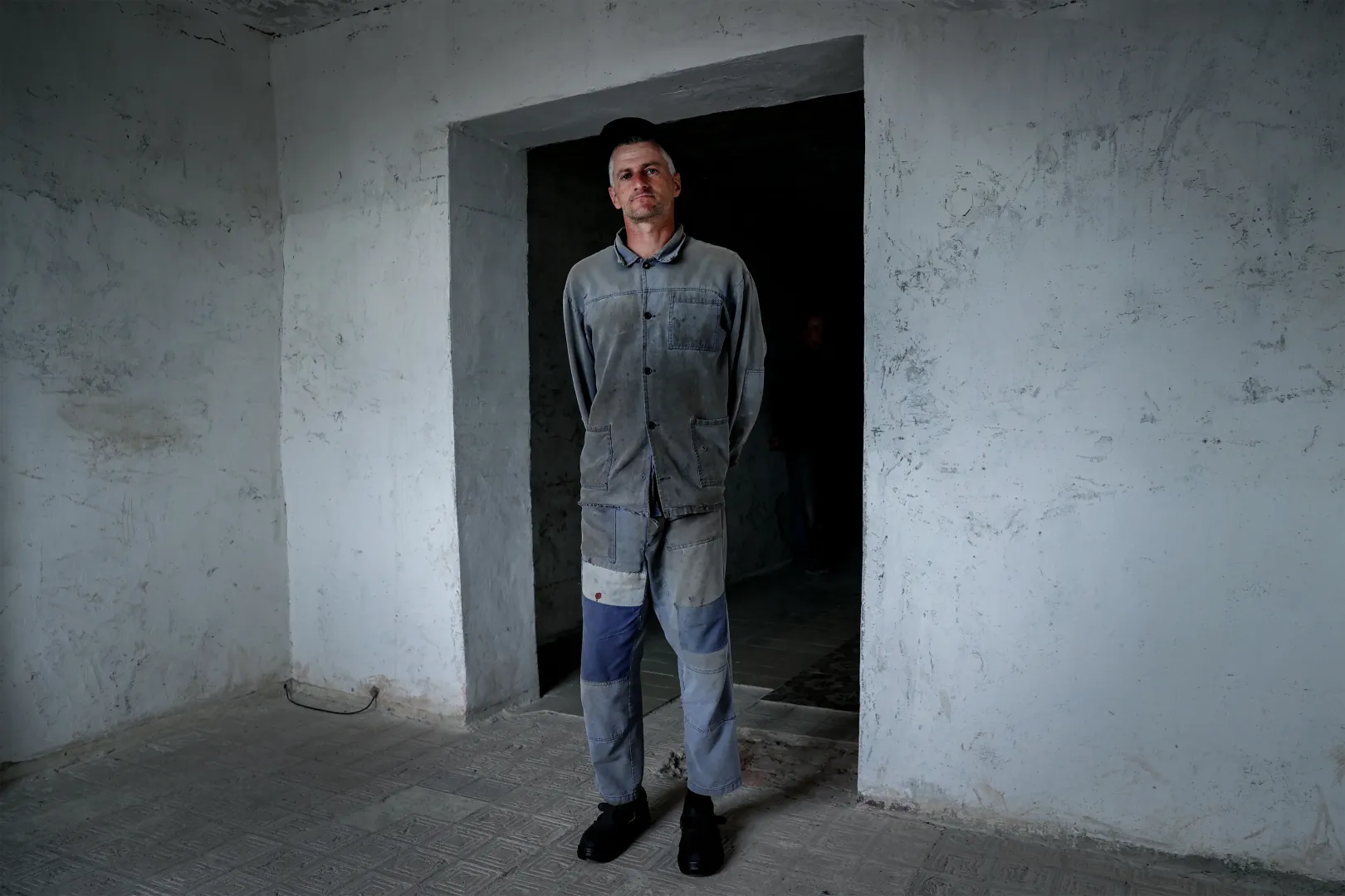
There are still numerous questions surrounding Russia's bloodiest hostage crisis, the Chechen separatist attack in 2004. There were negotiations, the gunmen had released some hostages, but some were killed early in the operation. Bombs were planted in the gym full of children to prevent Russian forces from rushing in to rescue the hostages. Instead of continuing negotiations, the authorities decided to launch the assault. This is when the vast majority of the victims were killed. In total, 177 children and 140 adults lost their lives.
But Batraz says it’s a lie that the Russian rescue operation was responsible for these deaths. "It was all done by the terrorists," he says without holding a grudge against the Russian authorities for their controversial handling of Russia's bloodiest hostage crisis. He joined their army in the spring of 2024. "I just wanted to make money. I was paid 595,000 rubles when I signed the contract, even before I started my service. I had to spend a good 150,000 of that on equipment, the rest I left with my cousin, we're on good terms, I have no other relatives."
Batraz was offered a job on one of the bases. According to him, he only found out he was going to the front when he was taken from Vladikavkaz to a training ground in Luhansk. After three weeks of training, they were taken to the front. They operated grenade launchers and machine guns, but Batraz felt that this was not going to be enough for the battlefield.
“They threw us in there, like cannon fodder. That's right. A football team has a coach, everyone is given their position. And even a cow has a shepherd taking care of it. If it goes in the wrong place, he moves it. We didn't even have any sort of a commander with us.”
Batraz and some of his companions were ordered to take a nearby building on the outskirts of Luhansk province. Several men were killed – the code for the dead in Russian and Ukrainian military terminology is 200, so Batraz refers to the fallen as those who had "become 200s"- but he made it to the building.
"The birds from above kept coming, I mean the drones. One flew into the house, it was this big, and then it exploded. There were bricks flying behind me, the blast threw me along with my machine gun. But I was lucky, God loves the Trinity, I got away with three grazes on my face.
By this point I was more scared than I was in Beslan," he said.
He and four others eventually managed to make their way to the basement of the ruined building. "There were four Russians from Volgograd with me," he says, making a point of specifying that he is Ossetian. Three of them set out to make it back to the base the following day – who knows whether they succeeded or not. “A wounded guy and I stayed behind. I'm an Ossetian, I wouldn't leave a wounded man behind, it's in our blood.”
They were down there for five days with a litre and a half of water, canned food, a few grenades and ammunition. "There were two or three men walking around above the basement. I could have shot them, but fortunately I didn't. My heart felt that they were simple guys like us. In war, it's always the poor who suffer," he says. He might actually mean this, but he could also be saying it due to his circumstances – we are in a prisoner-of-war camp, after all.
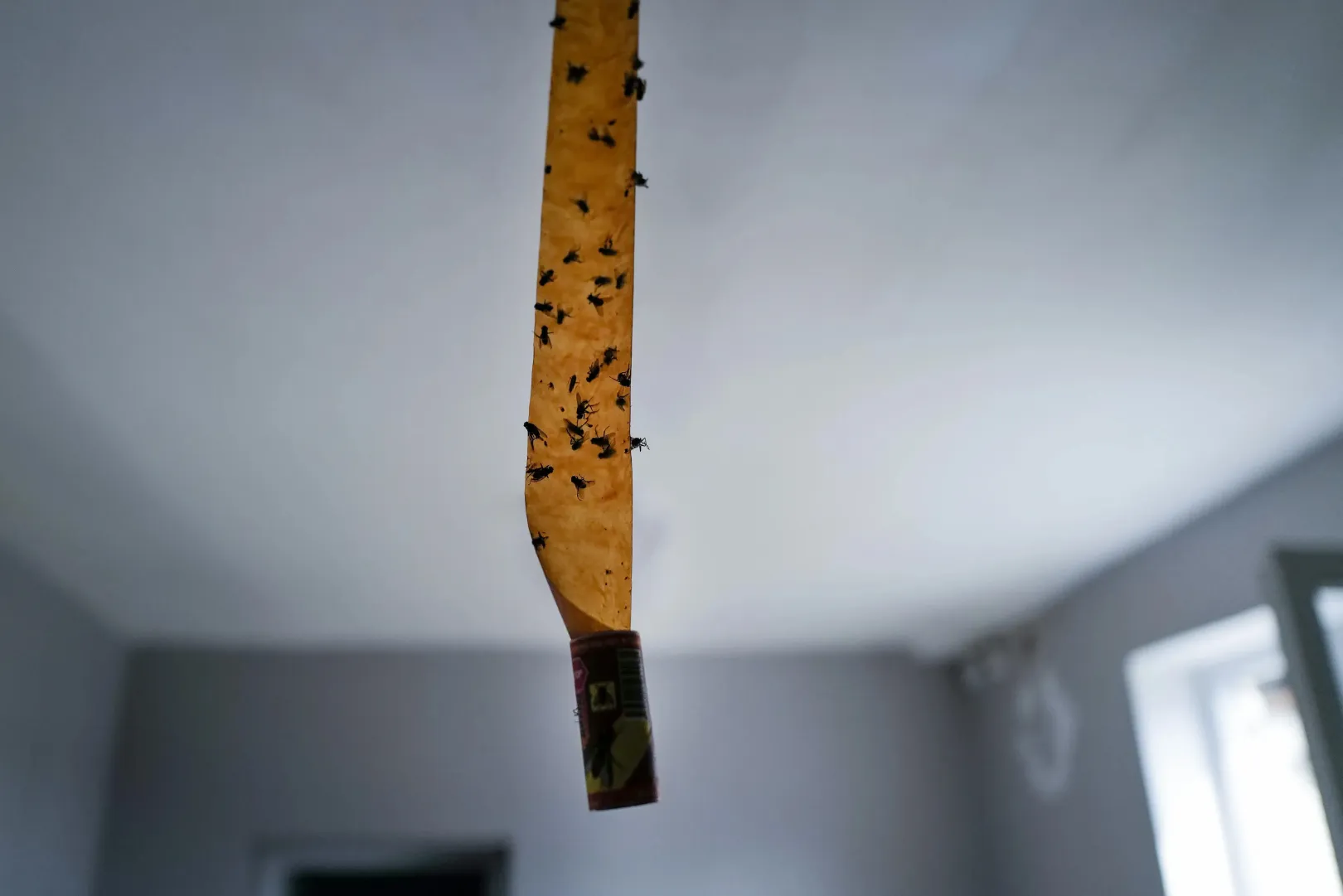
A Ukrainian soldier eventually went down to the cellar. The wounded Russian soldier told him not to shoot, and then he motioned to Batraz to come out. "That's how we were captured. We were treated well, given food, cigarettes, and water. We chatted, we passed the time well, and then they handed us over, again and again, until I ended up here". Batraz has been in the camp since June.
He doesn’t complain about the conditions, nor about the Russian state – at first. After all, he is in captivity because of its objectives. He considers the elections to be free and believes that Putin is in power according to the will of the majority of the population.
So the reason why the war is going on is because Russian society supports it?
I think so, yes.
Does this mean that the Russian society is responsible for the war? Given that it is not just Putin who wants it, but the majority of society?
Yes.
And what is Russia's goal with this?
That, I don't know.
But you said that society supports it. So what does it support, if it doesn't know the objectives?
Well, the propaganda is strong too.
Whose?
Well, on the phones, on social networks, in Russia. Yes, there is a lot of propaganda.
And is that what persuaded society to support the war?
Well, yes, the propaganda.
But doesn't that mean that the government is deceiving society?
Well, then yes, it does, I guess. In fact, I can honestly say that, when I think about it. Since I was captured, I have not met a single bad person here, either before or since. Well, okay, they were tough in interrogation, verbally, but didn't beat me or anything like that. I didn't see a single fascist. They treat us well here, we eat three times a day.
So Russia presented a false picture of Ukraine?
Well, yes.
So are you the victim of a political hoax?
Well, yes. I would not go back to the army.
Would you vote for Putin?
I wouldn't vote for anyone. It's my right. Frankly, I've had enough. Maybe it's not too late, I would start a family, work, live quietly for the rest of my life, there's nothing else I need.
Our report was produced with the support of Internews, as part of the "Expanding Production of Independent Content/EPIC" project.